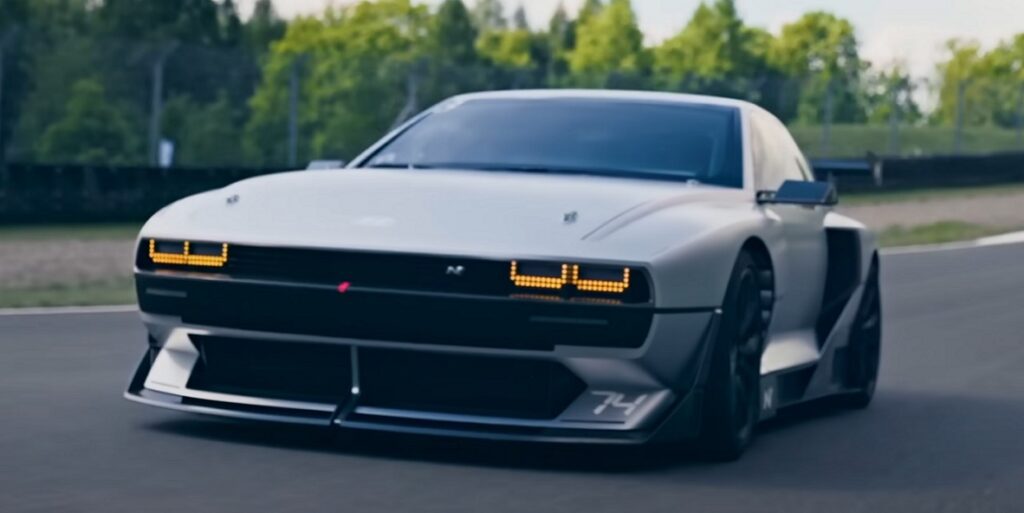December 28, 2022
SOUTH KOREA—Hyundai Motor Company is now the world’s third-largest automaker by volume. Only Toyota and Volkswagen built and sold more cars.
According to Team-BHP, Hyundai sold more than 6.6 million cars in 2021, Volkswagen sold 8.9 million cars and Toyota dominated the list with 10.5 million cars sold.
Toyota alone makes more money than General Motors and Ford combined.
Founded more than 55 years ago as a manufacturer of affordable vehicles for the South Korean market, the company was a laughing stock in the industry and infamous for its unreliability and poor workmanship. Now, Hyundai has surpassed its American rivals and gunning for the Japanese and Germans.
Hyundai is now #2 in US electric vehicle sales and plans to equal or surpass Tesla within a decade.
The South Korean education system is second to none and has produced some of the most talented engineers in the world. That’s not an opinion, it’s a reality. General Motors’ largest R&D hub is in South Korea now and every major American automaker uses Korean batteries for its EVs with the exception of Tesla, which uses Japan’s Panasonic and China’s BYD.
Hyundai and her luxury brand, Genesis, plan to introduce at least 17 battery-powered EVs by 2030 and another 14 EVs under Kia, which will allow the Korean giant to reach 1.87 million annual EV sales. That would give Hyundai 11% of US market share and 7% globally, according to Bloomberg.
Genesis sales expanded another 10% this year to 220,000 units and Hyundai plans to pit the brand directly against Tesla, BMW, Mercedes-Benz, and Lexus. The Korean luxury brand will also be fully electric by 2030—following Japan’s move with Lexus.
Hyundai is also willing to build bold new cars for the market.
“This segment has a high barrier to get into, so that was very challenging once we started,” President and co-Chief Executive Officer Jaehoon Chang, 58, told Bloomberg. “So we focused on design first, how we can be differentiated from others. We focused more on the drivers, more on the passengers, let them feel comfortable — to define luxury as comfort.”
However, Hyundai is facing a challenge in the American market with the US Inflation Reduction Act, which requires EVs to be assembled in North America to qualify for tax credits. The United States says the law was unintentional, however, the law does give American companies an edge.
The Korean automaker has been working with the South Korean government to persuade the US Treasury Department to modify the bill.
“This is a very critical moment,” Chang said.
Hyundai is currently building a $5.5 billion EV and battery facility in Georgia, but it’s not finished yet. “We’re expecting some flexibility in giving us more time to be fully ready for this,” Chang continued.
The United States has used similar tactics before. After the Obama administration bailed out General Motors in 2009, the US government controlled 60% of General Motors, resorting to communism to save the company.
For the next few years, the United States government launched multiple probes against Toyota from claims of racism, which resulted in fines to alleging Toyota funded terrorism because ISIS fighters only used Toyota pickup trucks.
The Japanese giant had just surpassed General Motors as the #1 automaker in the world and the American government owning 60% of GM, gave them the incentive to harass the Japanese automaker.
Feature Screenshot via YouTube
